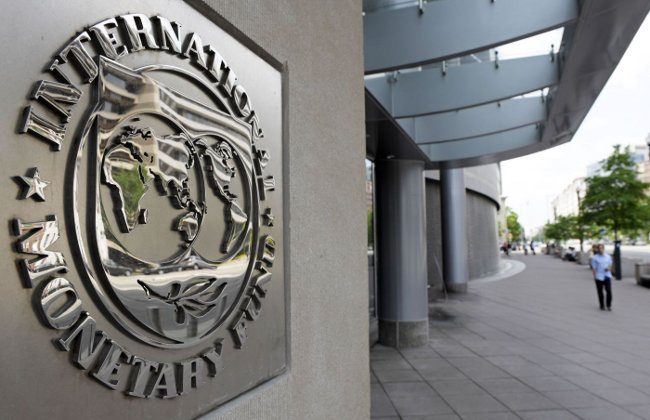Mozambique: Public sector wage expenditure rises 0.2% to €1,424 million in H1
IMF and Government of Mozambique meet today to analyse relationship

File photo: Lusa
An International Monetary Fund (IMF) mission is meeting the Minister of Economy and Finance Adriano Maleiane and the governor of the Bank of Mozambique Rogério Zandamela in Maputo today to analyse its relationship with the country, the government has announced.
The IMF delegation, headed by Deputy Director-General Tao Zhang, is the first to visit Mozambique since the inauguration of Filipe Nyusi for a second term as president and after the constitution of his government, in which Adriano Maleiane, an interlocutor already well known by the fund, remains head of the Ministry of Economy and Finance.
The IMF’s last visit took place in November and head of mission at the time, Ricardo Velloso, expressed openness to the resumption of financial programmes with the country.
“If the government is interested in talking about possible financial support programmes,” the IMF is “open to that request and to hold those talks”, he said.
IMF Deputy Managing Director Tao Zhang and Mozambique’s President #Nyusi had a productive discussion on #Mozambique’s challenges and opportunities. DMD Zhang said the Fund will continue to work with the government to improve the lives of the Mozambican people. pic.twitter.com/T7oELgIgfV
— IMF (@IMFNews) February 8, 2020
The IMF suspended support in 2016 because of the US$2.2 billion “hidden debt scandal” and suspicions of corruption in the case, which is now the subject of judicial processes in Mozambique and abroad.
More than the volume of support, a new financial programme with the IMF would serve as an endorsement for Mozambique, opening the door to additional support from other external partners.
The possibility of a resumption of financial support from the IMF appears to have been enhanced after the restructuring in October of sovereign debt securities (‘Eurobonds’), corresponding to around one third of the so-called “hidden debts”.
As a result of the restructuring, ratings agency Fitch removed Mozambique from the list of countries in financial default, giving it a CCC rating, the third worst level of analysis.
“It’s still not very good, but it is much better than previous rating,” Ricardo Velloso said at the time.
The ‘Eurobonds’ restructuring has made it possible to improve Mozambique’s debt sustainability indicators, and the IMF has highlighted the need for the country to continue to take care of these [indicators], focusing on “fiscal prudence” and basing the public debt “on donations and highly concessional credits, avoiding the problem generated in the recent past,” Velloso concluded.












Leave a Reply
Be the First to Comment!
You must be logged in to post a comment.
You must be logged in to post a comment.